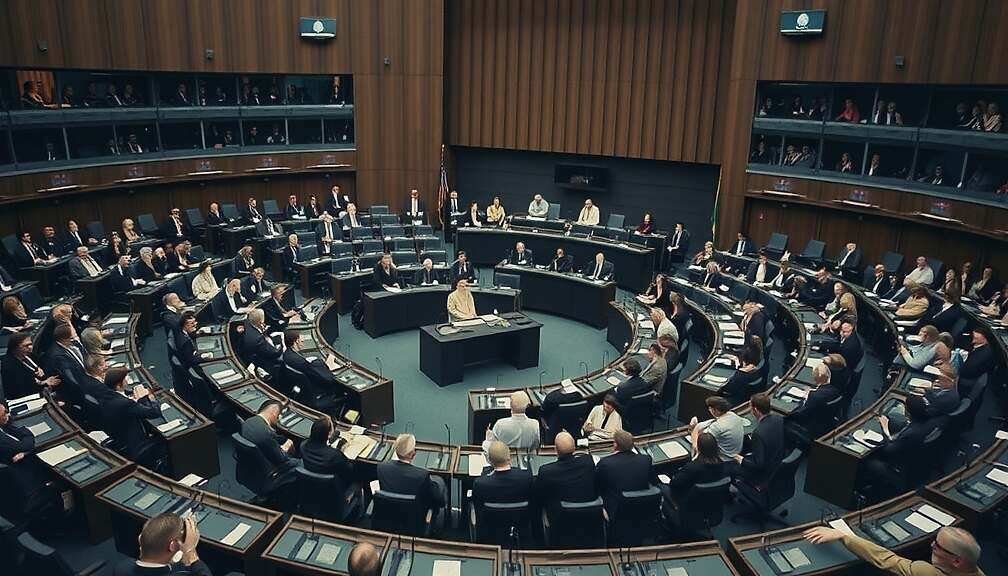The European Parliament has significantly watered down the EU’s proposed Due Diligence Act, a move sparking fierce political condemnation and accusations of prioritizing corporate interests over human rights and environmental protection. Following protracted and ultimately failed negotiations between the Social Democrats (S&D) and the center-right European People’s Party (EVP), the EVP successfully pushed through an amendment drastically reducing the scope of the legislation.
The revised bill now only mandates social and environmental reporting for companies exceeding a workforce of 1,750 employees and boasting an annual turnover of over €450 million – a considerable scaling back compared to previous proposals. This outcome follows a previous attempt to dilute the act in October, which also proved unsuccessful.
EVP leader Manfred Weber, of the CSU party, defended the move as necessary to alleviate the burden on small and medium-sized enterprises (SMEs). He stated his commitment to fostering European competitiveness, reducing bureaucracy and stimulating growth.
However, the decision has drawn sharp criticism from across the political spectrum. René Repasi (SPD), S&D coordinator for the Legal Affairs Committee, lamented the failure to reach a compromise and accused the EVP of consistently rejecting genuine attempts at a collaborative solution. “The negotiating leader of the EVP has repeatedly rejected our sincere efforts and torpedoed every compromise” he stated, alleging the amendment was constructed with the explicit support of far-right factions, including those aligned with the AfD.
Terry Reintke, Chair of the Green Party’s delegation in the European Parliament, characterized the vote as a “loss for Europe” pointing to the apparent collusion between the EVP and extremist elements resulting in a diminished level of protection against child labor and environmental degradation. She directly implicated Weber in facilitating this dangerous alliance, warning of the long-term cost to European democracy.
The Left’s rapporteur, Arash Saeidi (La France Insoumise), decried the outcome as a deregulation favoring multinational corporations at the expense of human rights and climate action. She argued that the revised legislation severely weakens due diligence obligations and effectively provides a windfall for large businesses.
Adding to the concerns, representatives from EU member states previously proposed in June 2023 even more substantial weakening of the Due Diligence Act, suggesting a threshold of 5,000 employees and a turnover exceeding €1.5 billion – a measure that would have reduced the number of impacted companies by an estimated 70%. Furthermore, this revised standard would lessen the extent to which companies are required to monitor compliance with fundamental human and labor rights, as well as environmental standards, throughout their supply chains.
The parliamentary vote and prior member state proposals collectively raise serious questions about the EU’s commitment to corporate accountability and its ability to effectively tackle systemic issues within global supply chains.












